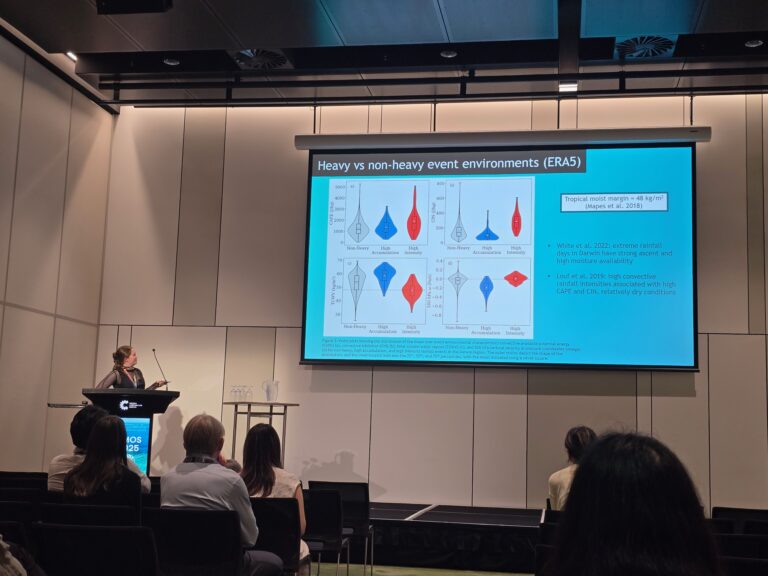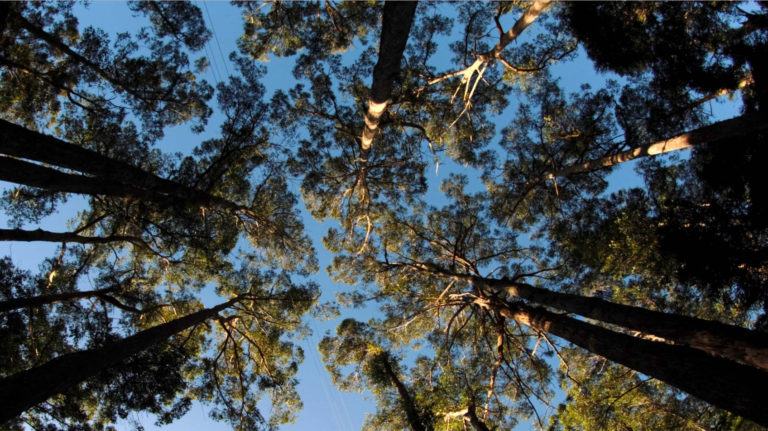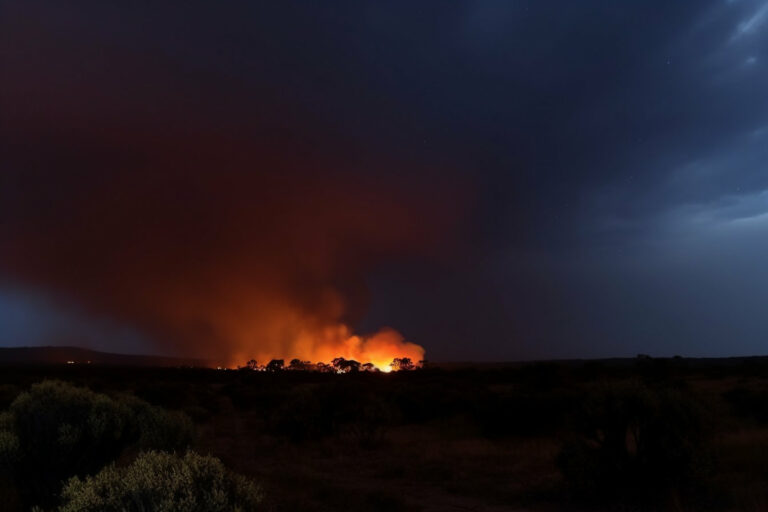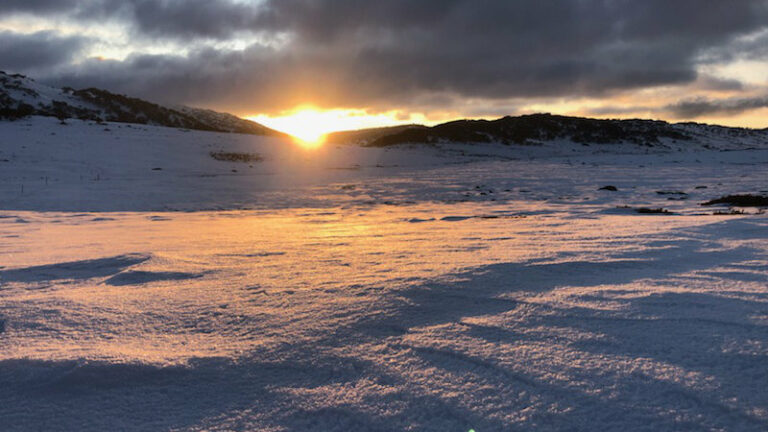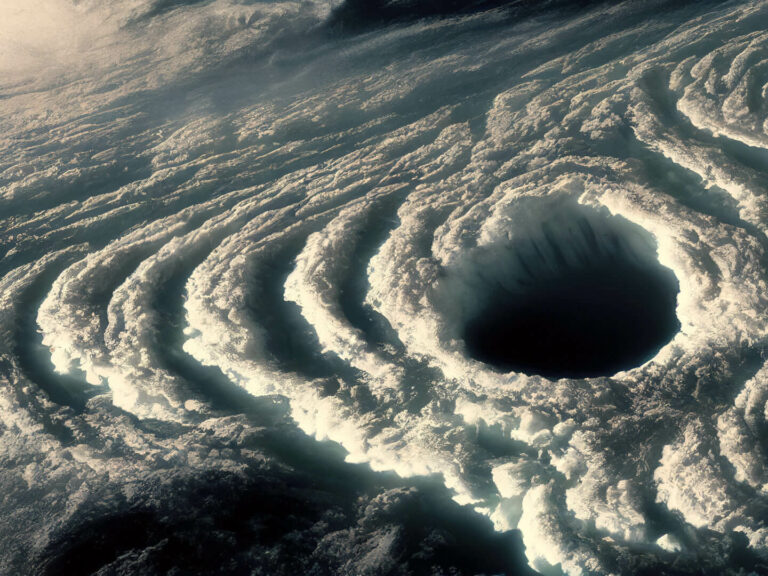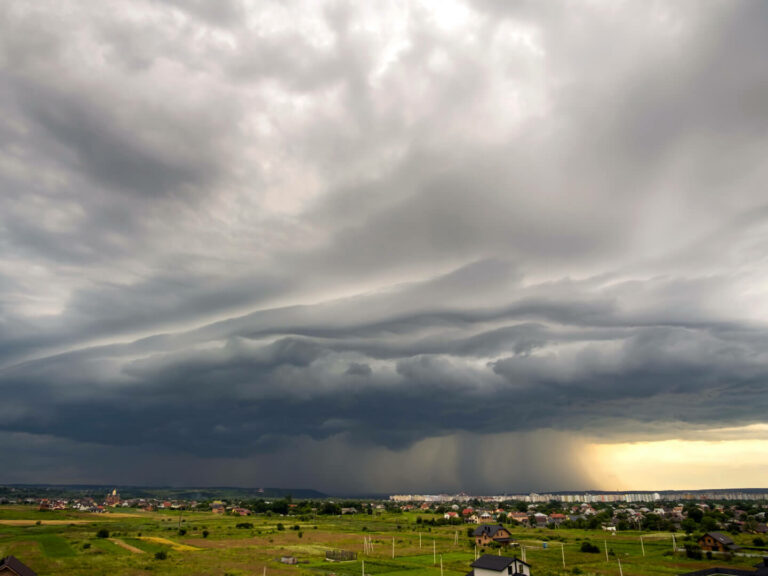
New project: Next Gen Regional Climate Projections for Tasmania
We are excited to announce that thanks to the support of the Tasmanian Government, the Climate Futures Research Group is leading a major new initiative to deliver high-resolution (4 km) climate projections for Tasmania. This $1.8 million project, aligned with the National Partnership for Climate Projections (NPCP) and Tasmania’s Climate Change Action Plan, will provide detailed insights into future climate conditions under different climate scenarios. The project will generate state-of-the-art, high-resolution climate projections […]



